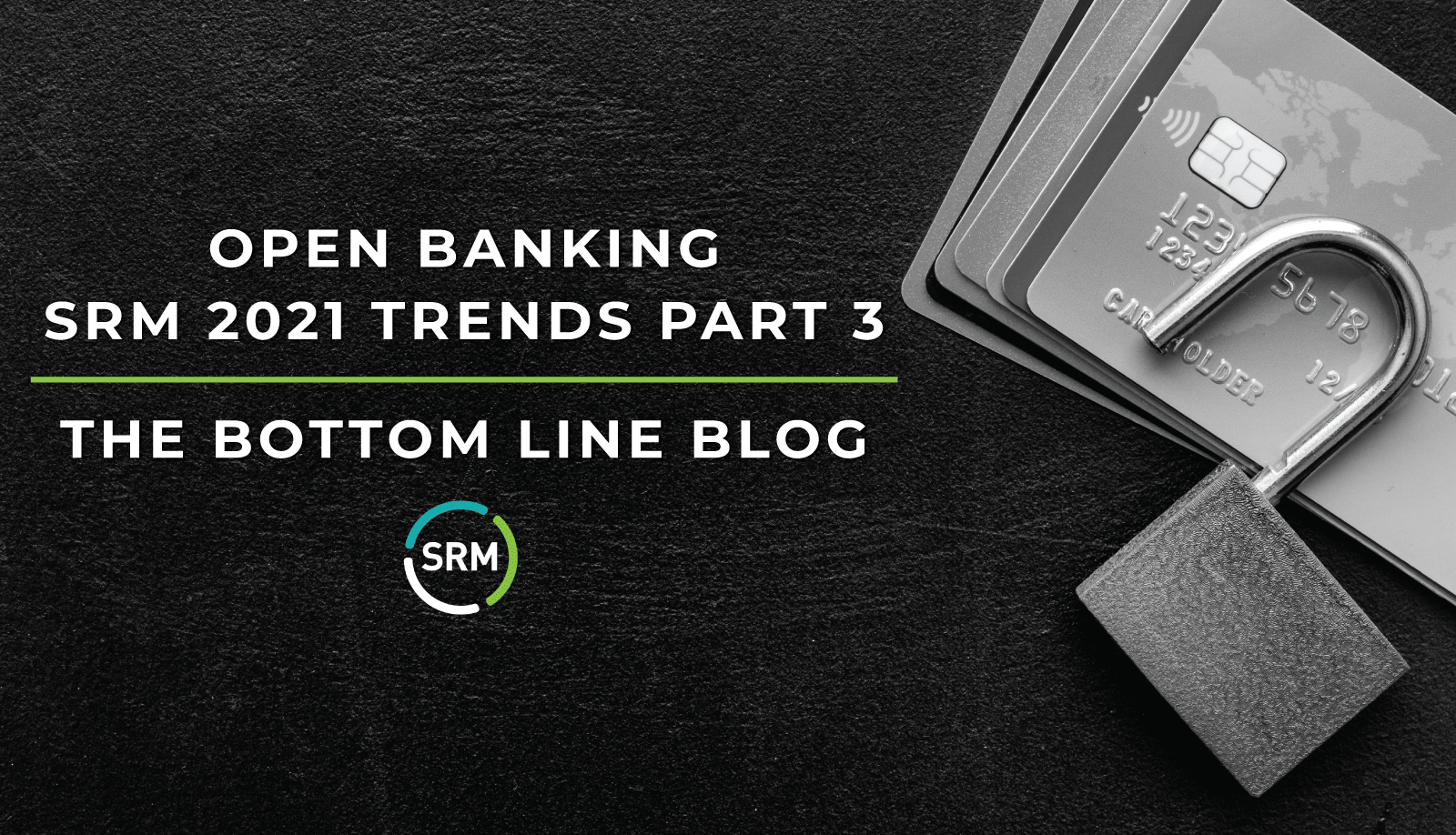
Aspects of artificial intelligence have been gradually introduced into business settings for years, starting with robotic process automation and continuing into fraud detection systems, CRM tools, and other varieties of knowledge management.

Aspects of artificial intelligence have been gradually introduced into business settings for years, starting with robotic process automation and continuing into fraud detection systems, CRM tools, and other varieties of knowledge management.
Topics: AI, Artificial Intelligence, Financial Services, EU, European Union, Financial Institutions

We made the case in a recent blog that banks and credit unions should take a closer look at their consumer lending strategies. With $32 billion of volume in 2023, there has been no shortage of opportunity, spanning existing and prospective customers.
Topics: Regulation, Compliance, Efficiency, Credit Union, Customer Experience, Outcomes Bank

Growth-focused companies rarely get excited about sectors with slow compound annual growth rates.
Topics: Consumer Lending, Strategy, Distribution Channel, Product Proposition, Consumer Banking

Reputation. It’s the single most important factor for any organization and should always be a key consideration for financial institutions evaluating any strategic, operational, and technology initiatives.
Topics: Technology, Innovation, Fintech, Vendor Contract Negotiation, Bank Vendor Management, Credit Union Vendor Management, Transformation, Reputation

The concept of Customer Relationship Management (CRM) dates back centuries – even if the “database” resided in a shopkeeper’s memory or, at best, a handwritten ledger. It wasn’t until the 1980s that modern marketing techniques sought to harness growing computing power, turning CRM into a multi-billion-dollar industry.
Topics: Vendor Contract Negotiation, Benchmarking, Bank Vendor Management, Credit Union Vendor Management, Data Analysis, CRM, Customer Relationship Management

Branch networks require significant investment, real estate is getting more expensive, and utilities and security costs are spiking. Offices can also be labour-intensive, assuming financial institutions can attract and retain the right frontline staff.
At the same time, branch traffic is declining, limiting opportunities for locations to generate revenue. If ROI is a primary consideration, it’s getting harder for banks and credit unions to justify having large branch networks.
Topics: Vendor Contract Negotiation, Bank Vendor Management, Credit Union Vendor Management

In two previous blogs, SRM detailed the top trends we see driving 2021’s financial services landscape. In this final Trends post, we turn our attention to an emerging one we have observed on both sides of the Atlantic, Open Banking.
Topics: Open Banking, APIs, Bank Vendor Management, Direct Deposit, Bank Consulting, Credit Union Consulting
%20Anymore.jpg?width=2309&name=Nobody%20Talks%20About%20Voice%20(Technology)%20Anymore.jpg)
Today in 2019, a mere decade since texting overtook voice calls in cellular bandwidth use, it can be difficult to find someone even willing to engage in an old-school telephone conversation. Voicemails are declining even faster. According to Forbes, several large corporations have offered to retire voicemail for non-client facing employees and were surprised by the level of uptake.
Against this backdrop, it’s interesting to note the prominent role played by voice technology in the next generation of financial solutions. The growing interest in Robo-advisors could see this become a popular model among those seeking a digital banking breakthrough, and everyone is racing to enable their products through the likes of Alexa, regardless of vertical.
Topics: Voice Technology

In a recent blog post, we outlined the lessons learned in the year since the UK’s Open Banking regulation took effect. The Open Banking concept is hardly confined to Great Britain, however. Countries as geographically and culturally diverse as Singapore, Australia, Holland and Canada have also embarked on similar endeavours to alter the dynamics of their financial services sectors – thus also altering other interconnected sectors.
Although it’s difficult to envision a similar top-down mandate in the United States, there is growing evidence that many of Open Banking’s features will become part of the American landscape through other means. Yet, depending on where you look, commentators cannot agree on the impact of Open Banking’s introduction in the U.S., whether it be success, failure, positive or negative.
Topics: Strategic Sourcing, Payments, Innovation, Open Banking, Fintech

January marked the one-year anniversary of the Open Banking regulation coming into effect in the UK, making this a good time to step back and assess its progress, or lack thereof. For the uninitiated, Open Banking is seen by financial regulators as a means to spur fintech innovation and foster increased competition in the UK banking market. Its underlying premise is that transactional data is the property of the account holder, and if the consumer or business elects to share such data with a third party, the bank must facilitate its efficient transfer, securely.
Topics: Technology
© Strategic Resource Management, Inc. All rights reserved. 2022 | Privacy Policy